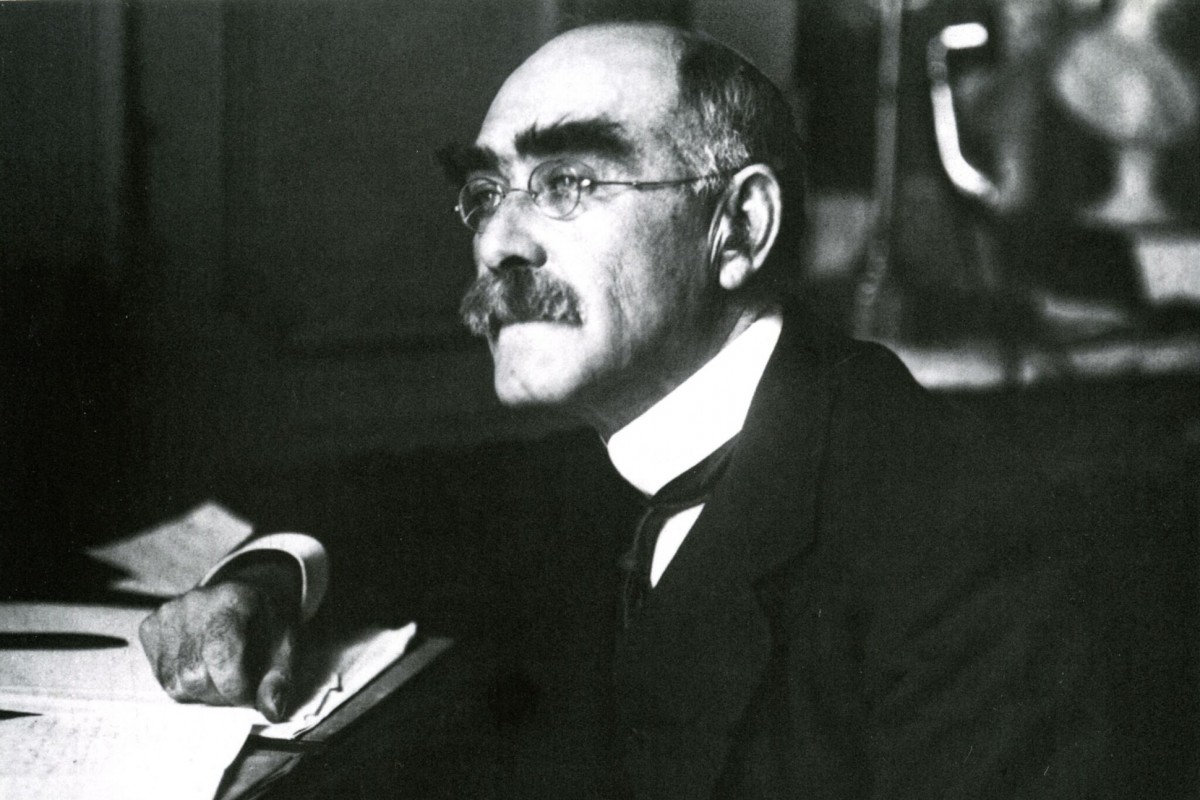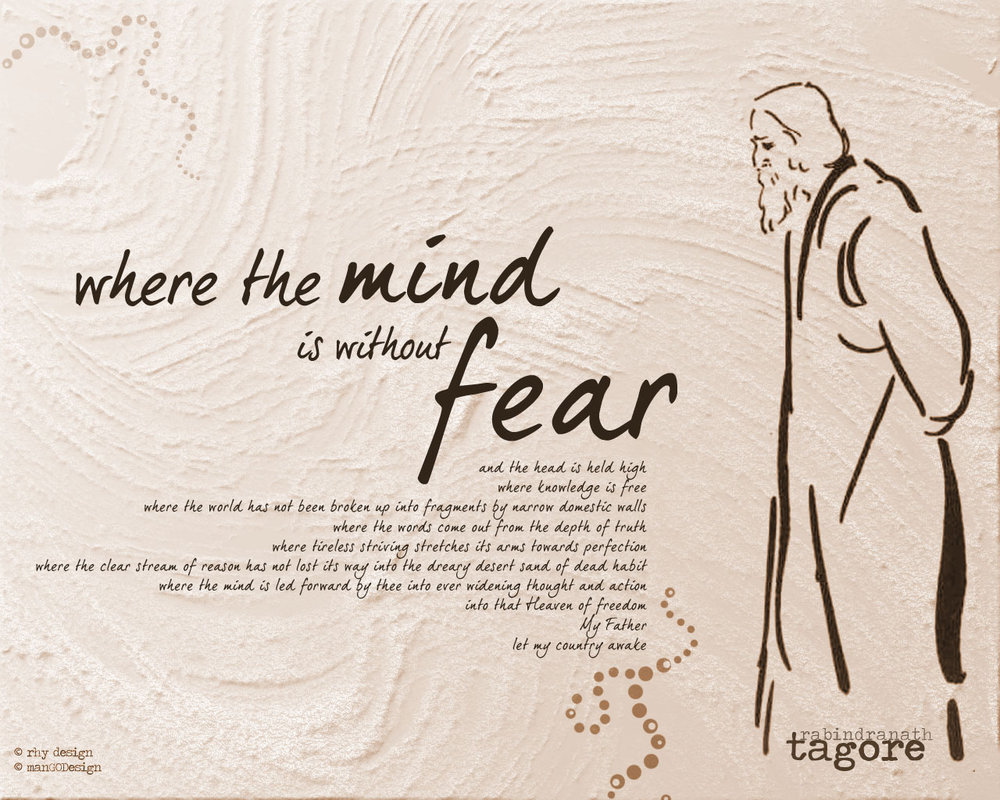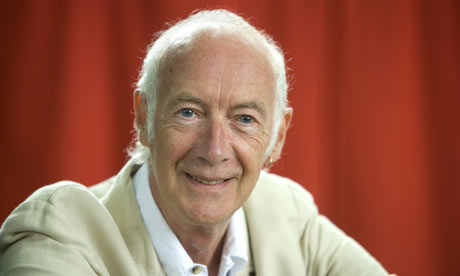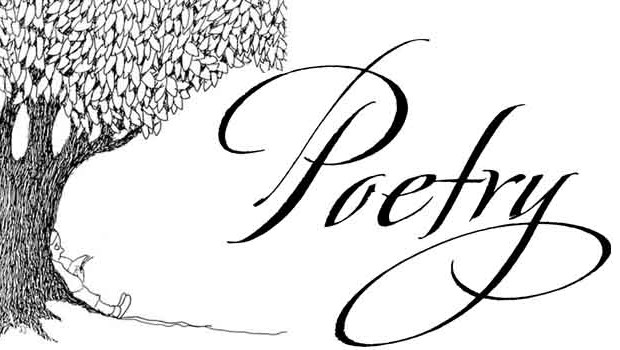Stanza-wise Summary of If:
The poem If can be viewed as a set of guidelines on how to live and act with integrity and right values such that one becomes the ideal human. Each of the four stanzas deals with different life situations and the best way to act during them.
1st Stanza:
If you can keep your head when all about you
Are losing theirs and blaming it on you,
If you can trust yourself when all men doubt you,
But make allowance for their doubting too;
If you can wait and not be tired by waiting,
Or being lied about, don’t deal in lies,
Or being hated, don’t give way to hating,
And yet don’t look too good, nor talk too wise:
Through the first stanza of If, the poet Rudyard Kipling offers us his opinion on how to operate during times of crisis. The poet urges readers that when the going gets difficult and things stop to work in our favor we must not lose our composure and deal with the situation at hand in a calm fashion in order to salvage it. It is human nature to save oneself the blame for failures and put it on others. The poet asks us to combat this basic human frailty and harbor within ourselves the courage to take responsibilities for our actions that have produced the undesired results just like Jameson did during the raid. During times of crisis it is expected that people are going to lose their rationality and indulge in blame games. The poet urges us to not give in to the same.
The poet asks us to garner enough confidence to believe in oneself and our potential even if the others around us have given up on us. Hence, we see that self-faith is a virtue which Kipling puts forward with high regard. However, the poet warns us against getting over-confident. He says we must have confidence but not blind faith in ourselves as the latter will stop us from giving ears to the valuable suggestions and recommendations of others. In other words, we must make enough room in our heads for opposing ideas from others if they seem legit.
Patience is another virtue which the poet advocates in favor of. The poet says that all monumental things take time and hence we must not get tired of waiting for our plans to achieve full fruition as Rome can never be built in a day.
The poet then points out another human weakness of lying and easily giving in to hatred if something does not appeal to our way of thinking. He says that we must not deal with lies even if the people around us are spreading wrong accounts of as doing so would stoop us down to the level of those gossipmongers.
2nd Stanza:
If you can dream – and not make dreams your master,
If you can think – and not make thoughts your aim;
If you can meet with Triumph and Disaster
And treat those two impostors just the same;
If you can bear to hear the truth you’ve spoken
Twisted by knaves to make a trap for fools,
Or watch the things you gave your life to, broken,
And stoop and build ’em up with worn-out tools:
In the second stanza, If engulfs within its scope, the correct way to pursue one’s goals in life. Through the first two lines the poet very succinctly explains to us the difference between being ambitious and a megalomaniac. He says that it is all right to have ambitions and dreams in life. However, we must not get over ambitious, i.e., we must not let our dreams and desires take the better of us, such that they end up controlling our every waking moment and change who we are. It is known that ambition can drive men crazy and hence Kipling asks us to practice moderation when it comes to being ambitious. A lot of us suffer from the problem of assuming that our outlook and way of thinking are the ‘be all and the end all’. This syndrome is referred to as ‘making thoughts our aim’ by Kipling. He says that we must not be very rigid in the way we think and must be open to good influences upon our thinking process. According to the poet these values are important in getting us closer to our goals in life.
Next the poem imparts a very valuable lesson. He says that Success and Failure are a part and parcel of life and there is nothing permanent about them. The poet calls them impostors since both success and failure are powerful and have a disguise of permanence which makes a person feel either too optimistic or broken down. The poet recommends his readers to treat both success and failure in the same way and not let them get to us since both of them are as fickle as the wheel of Fortune.
3rd Stanza:
If you can make one heap of all your winnings
And risk it all on one turn of pitch-and-toss,
And lose, and start again at your beginnings
And never breathe a word about your loss;
If you can force your heart and nerve and sinew
To serve your turn long after they are gone,
And so hold on when there is nothing in you
Except the Will which says to them: “Hold on!”
In the third stanza, Kipling furnishes his readers with the very important life advice of never giving up! Life is unpredictable and filled with ups and downs. Trying to make one’s mark in the world is nothing short of a gamble. The poet asks us not to be shy away from challenges just because we are scared that we might lose what we already have. He says that the ideal man is the one who can put all of his life’s achievements at risk, while aiming towards bigger goals. It takes immense strength of mind to shake off a loss in order to keep going but a complete man is the one who does not cry over spilt milk and starts afresh from scratch even after being completely snubbed and broken.
Towards the end of the stanza, Kipling adds that will power is the only key to persistence in spite of loss. If a man is determined, he can make his heart, nerve and sinew serve him even in the most down trodden and bleakest of times when everything seems to be going against his favor.
4th Stanza:
If you can talk with crowds and keep your virtue,
Or walk with kings – nor lose the common touch,
If neither foes nor loving friends can hurt you,
If all men count with you, but none too much;
If you can fill the unforgiving minute
With sixty seconds’ worth of distance run,
Yours is the Earth and everything that’s in it,
And – which is more – you’ll be a Man, my son!
The final stanza the poet discusses the ideal modus operandi in life after success has been attained. Since these are the poet’s final instructions to his readers, the lines are resplendent with poignancy and are worded in a way which infuses our minds with a rush of inspiration. Kipling says that a great man is someone who fit into all sections of the society seamlessly. He urges his readers to move around with the common masses without letting go of their individuality. Humans tend to go with the flow because of the herd mentality. However, the perfect man is the one who will not follow any rat race or trends blindly and will stand out in spite of being a part of the crowd. Next, the poet warns us about the arrogance that often comes with great success.
The poet further adds that true success can only be attained if one reaches such a point in life that neither friends nor foes can cause hurt in a way that reduces one’s productivity. A perfect human being is someone who is dependanble. However, one must be careful to not make people so dependent upon oneself that they lose their potential to work on their own.
The poet ends the poem with the parting advice that one must become the master of one’s own Time by squeezing maximum productivity out of the smallest unit of Time. He urges his readers to fill an unforgiving minute with “sixty seconds’ worth of distance run”. What Kipling is trying to say here is that Time does not know how to forgive the ones who waste it. Even the smallest unit of Time has no mercy for the ones who do not know how to utilize it. Hence, to get ahead in life, a man must make most of each of the sixty seconds in a minute by filling it with a burst of activity since ever moment counts! Towards the very end of the poem, Kipling assumes a fatherly stance and sincerely says – if one keeps in mind all the axioms of meaningful living imparted by him, the world will be his playground and he will be able to conquer all! However, according to the poet, the real reward of abiding by his guidelines will lie in the perfect man which this choice of lifestyle will turn an individual into.
You can also watch this Detailed Video Playlist consisting of the Summary, Analysis and Much more:
Some online learning platforms provide certifications, while others are designed to simply grow your skills in your personal and professional life. Including Masterclass and Coursera, here are our recommendations for the best online learning platforms you can sign up for today.
The 7 Best Online Learning Platforms of 2022
- Best Overall: Coursera
- Best for Niche Topics: Udemy
- Best for Creative Fields: Skillshare
- Best for Celebrity Lessons: MasterClass
- Best for STEM: EdX
- Best for Career Building: Udacity
- Best for Data Learning: Pluralsight














